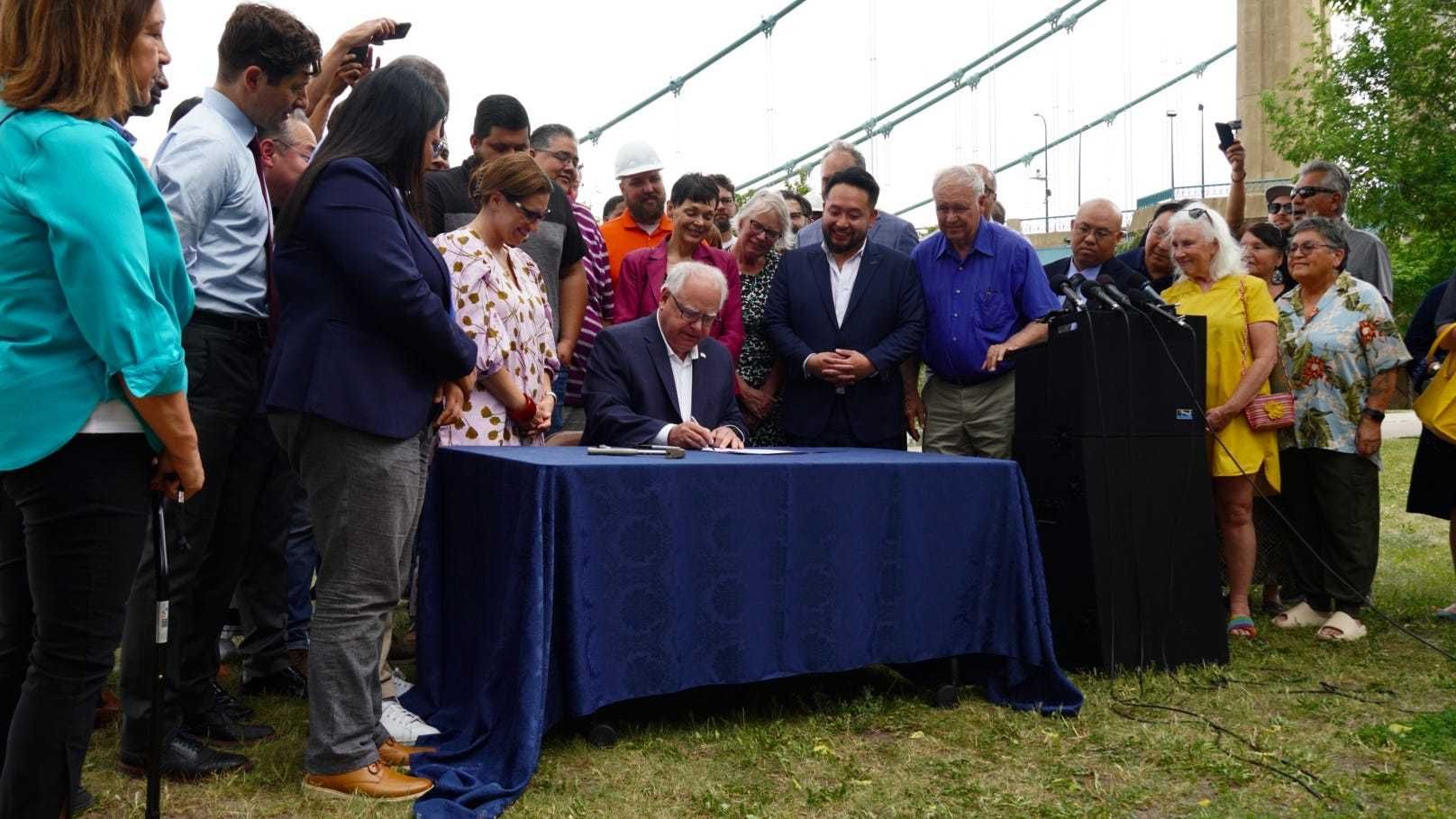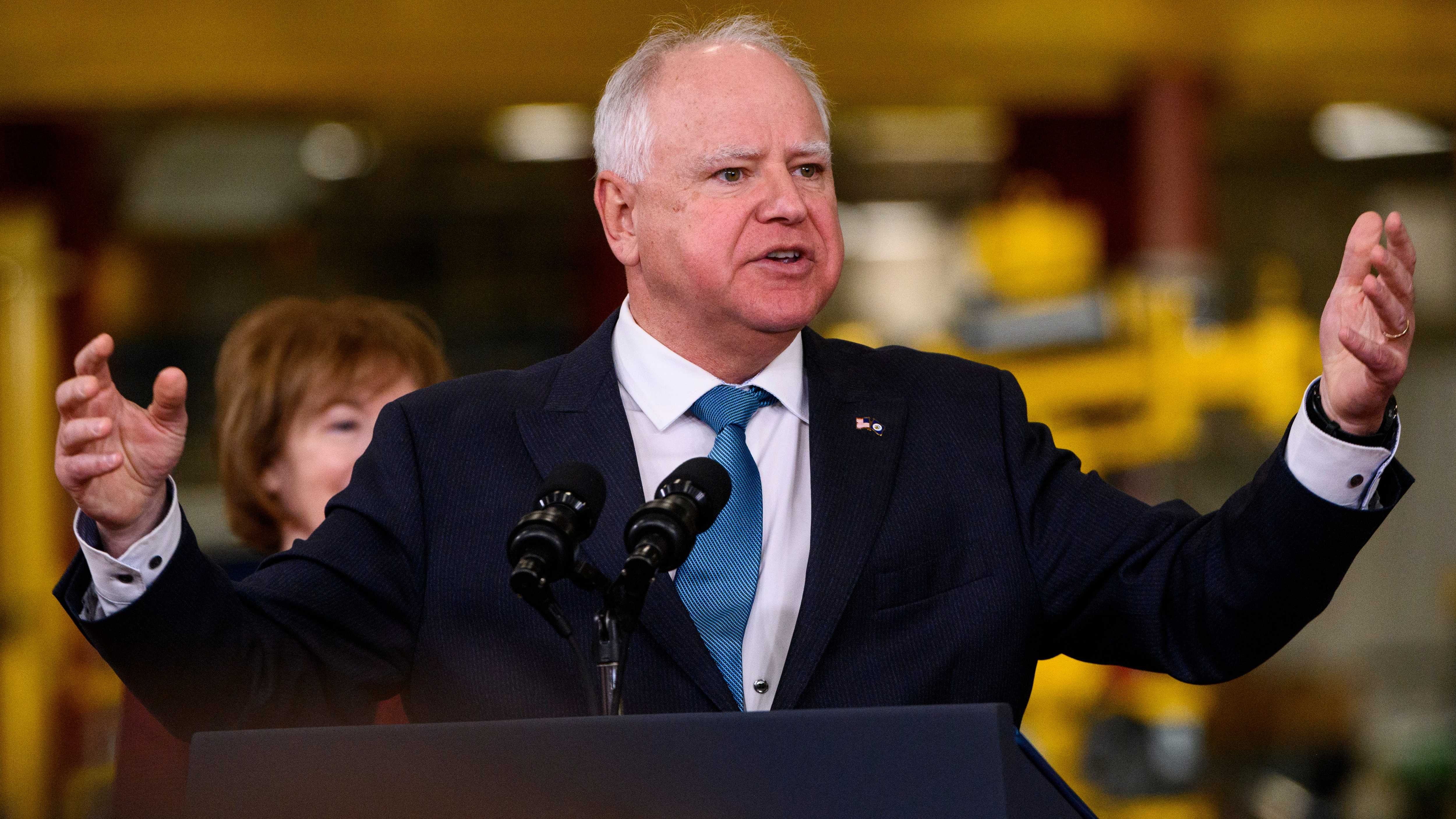Apr 16, 2025
Video
923thefan
weei
1053thefan
1010wins
kcbsradio
wwl
kywnewsradio
wccoradio
kmox
kmbz
987thespot
kroq
jackontheweb
wxrt
1059sunnyfm
kfh
981thelake
Video
rock1037
espn1320
Video
Video
News
News
sunny981sd
wqam
News
Video
News
News
wcbsfm
News
elzolradio
933theplanetrocks
News
News
News
Video
Most Popular
Google News Feed
News
kisw
947thedrive
News
News
News
talk980am
News
kgon
waaf
Video
rochesterbuzz
News
wcmf
star102cleveland
931jackfm
wncx
charliefm
Video
News
1041jackfm
krxq
989therock
eagle969
womc
995themountain
kearth101
Sports
Video
Video
Apple News
Video
Video
News
News
big103boston
News
News
News
News
News
News
Video
News
News
thesky973
News
Video
987simon
News
Video
957thespot
News
Video
Video
News
News
News
Video
News
Video
News
Video
News
News
kxnt
roqofthe80s
wolx
1055triplem
thebeachmiami
Video
Latest
News
News
Video
bigbuckcountry
bayou957
News
News
Video
News
Latest
News
1210wpht
big945phoenix
big981
thefanrichmond
News
newsradiowrva
Latest
News
News
thefanrochester
News
971talk
News
connectingvets
theteam980














